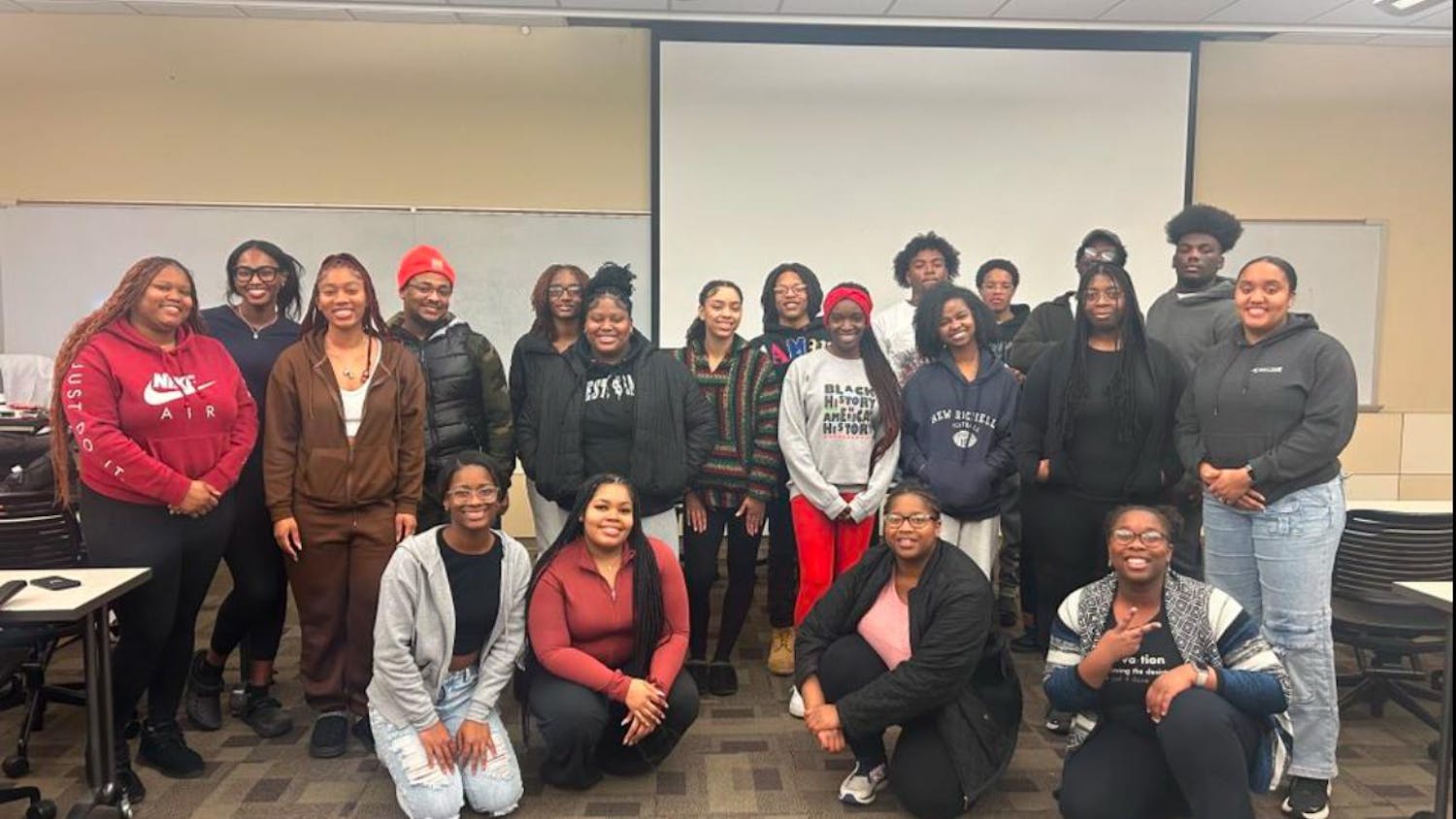President David Hopkins announced on Tuesday, July 19 that Wright State University will not be hosting the presidential debate at the Nutter Center on Sept. 26.
Due to escalating costs and security concerns, Hopkins decided to withdraw from hosting the debate, which will move to the alternate site at Hofstra University in Long Island, New York.
“It has been something that has been weighing on my heart for the past two weeks,” Hopkins said. “What became clear was that the costs of the debate were escalating because of all the security costs. I did not want WSU to be in a position where we could not guarantee the safety of our campus.”
In research for the debate, WSU found that the average cost for universities hosting the debate was around three to five million dollars, which Hopkins was confident could be generated by fundraising. However, as the circumstances around the debate began to change, costs quickly rose.
“Once we won the bid, the 2016 debates were expected to cost five to eight million. Now, with the last few weeks, the security costs are spiraling out of control,” Hopkins said. “It was going to go above 8 million.”
According to Hopkins, WSU has spent approximately $2.5 million on the debate, a portion of which will not be restored. Donors who have given money to WSU for the purpose of the debate have allowed WSU to keep the money to apply to various debate-related activities for the students. Additionally, classes structured around the debate will carry on despite the change in location.
The tense political environment and public access to campus caused enough concern to demand more intense security.
“There are trucks running down people in Nice, France,” Hopkins said. “There are some weird things happening, and we’re in the middle of that weirdness right now. It just didn’t feel right. The escalating cost, that we don’t have resources to cover, and the concern about whether or not we could really make this campus safe. Look at the Republican National Convention in Cleveland. It is an armed fortress outside of the arena. That is not what we want here. I am not turning our public learning institution into a fortress.”
To Hopkins, a debate this controversial came at the wrong time for WSU, with it arriving at a time when the university could not absorb the unexpected costs.
“We do not have that flexibility right now because we have gone into our reserves to try and balance the budget,” Hopkins said. “Ohio is one of the most undereducated states in the United States, and we support higher education at one of the lowest in the Midwest and one of the lowest in the country. That is a fact. This is a dilemma that is going to be a cycle. Every other institution is going through a similar challenge that we have gone through, but at different years: 2013, 2014, 2015. We’re doing it in 2016.”
According to Dayton Daily News, Rep. Mike Turner stated that WSU did not sufficiently plan to tackle an event as large as the presidential debate. Hopkins believes it would have been impossible to predict the political environment.
“How do you predict what is going to happen in society or the volatility of this campaign when you put in a bid for it in 2014?” Hopkins said. “We planned around what every other institution experienced with presidential debates. We cannot predict the volatile situation of this debate, we could not predict what was happening the last two weeks in Baton Rouge, Louisiana and Dallas, Texas, or how those effects would spill over into this campus. Yes, we planned to host what would be a typical debate. This was not going to be a typical time.”
Hopkins stated that he was disappointed in making the decisions because of the way students and the region would have benefited from the debate.
“What hurts me is that it would have been a great experience for our students. I wanted everyone to understand the importance of civic engagement, what it means to be active in a democracy. I wanted the region to be shown off, I wanted to show off WSU. This environment didn’t lend itself to accomplishing that. Financially or safety wise.”
Student Government President Lukas Wenrick feels that there are a mixture of emotions within the student body ranging from relief and support to disappointment.
“I think the student body is torn,” Wenrick said. “Many individuals are probably relieved that there will no longer be a security risk at our institution. However, many other students feel like a once in a lifetime opportunity was stolen from them. It is a difficult situation for Raiders but one that I am confident we will move forward from.”












